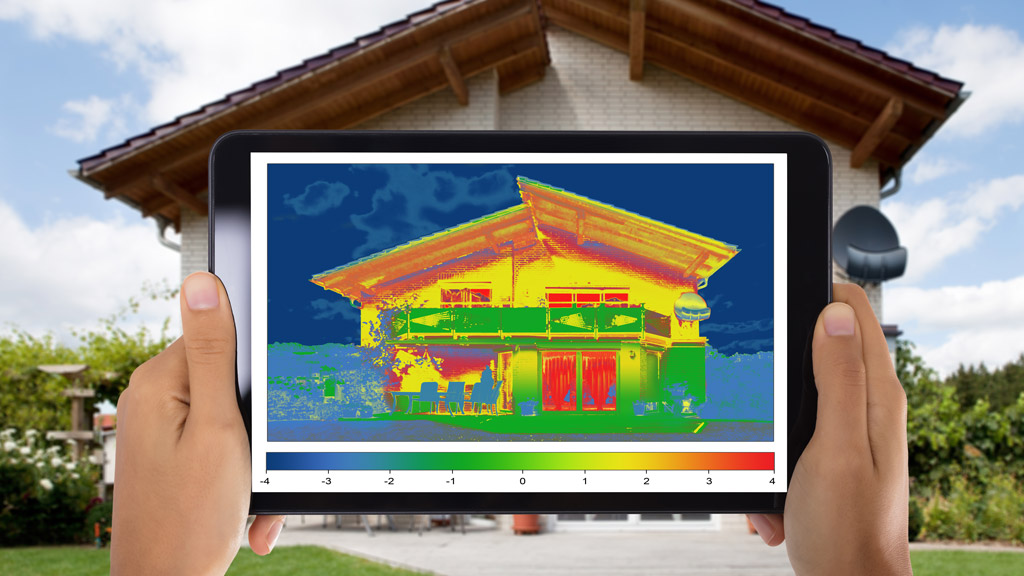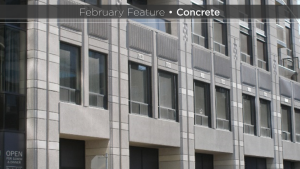The recently completed Coniston Non-Profit Seniors Housing complex in Sudbury, Ont. achieved a net-zero energy target thanks in part to a heat recovery system that uses a specialized reinforced concrete pipe to capture effluent heat.
The patented @Source-Energy Pipe consists of a heat exchanger that is inside a concrete sewer pipe. The pipe and surrounding ground become a thermal battery.
SudburyÔÇÖs Renewable Resources Recovery Corp. has licensed Rainbow Concrete Industries, a local concrete pipe and precast concrete producer, to produce the pipe in Ontario.
Lafarge Pipe has been licensed to produce the pipe for the Prairie provinces.
The technology on which the heat recovery sewer pipe is based is called geoexchange.
Geoexchange systems, which are used to heat and cool buildings, should not be confused with geothermal systems, which are used to produce electricity.
During cold weather, the @Source-Energy Pipe works with a ground source heat pump to capture waste thermal energy from the sewage effluent flowing through the pipe and from the ground around it.
The waste energy that is captured by the heat recovery sewer pipe is then moved through the system to heat the seniors complex and to provide residents and staff with hot water.
Conversely, when the weather is warmer, heat is removed from the building with the same heat pump.
The excess thermal energy is then expelled with the effluent and stored in the wall of the pipe and the ground around it.
Because the heat recovery system is embedded in the pipe walls, a district thermal energy system can be created along the entire sewage pipe system.
District energy systems centralize the production of heating or cooling for a neighbourhood or community. There are several examples of such systems in B.C.ÔÇÖs Lower Mainland.
Since the embedded heat exchangers do not come into contact with or handle any sewage, they donÔÇÖt require any maintenance.
Only the heat pumps, which control the system and distribute or remove heat from the building, need to be maintained.
In addition to the @Source-Energy Pipe, other environmentally-friendly features at the Coniston Seniors Complex include a high performance envelope with triple-pane windows; continuous low-embodied carbon external insulation; and careful detailing for thermal bridges.
Other touches include photovoltaic panels and solar thermal panels for hot water; air-source heat pump systems with variable speed; low energy elevators; and a building automation system for smart-integrated building management.
An embedded new technology is just one example of the versatility of concrete pipe.
Mark Draper, global principal in conveyance design in the Calgary office of Jacobs, says concrete pipe can be used in a variety of applications.
ÔÇťIts strength and durability make it ideal for storm drains, sewer lines and culverts, but it has many other uses, too,ÔÇŁ says Draper.
Concrete has several advantages over other kinds of material.
ÔÇťIt is rigid, fully structurally sound, costs less than steel and has a long service life,ÔÇŁ says Draper. ÔÇťIt can also be repaired effectively using carbon fibre wraps.ÔÇŁ
Like Sudbury in northern Ontario, most of ║┌┴¤│ď╣¤═° has a harsh climate and challenging geographical terrain.
║┌┴¤│ď╣¤═°, however, is not much different from other parts of the world in its use of concrete water and wastewater infrastructure pipe.
ÔÇťDepth in the ground is the main determining variable, not temperature,ÔÇŁ says Draper. ÔÇťThe deeper the pipe, the more insulation is needed. In Calgary, the average depth for infrastructure pipe is about three metres, whereas in California itÔÇÖs only half a metre.ÔÇŁ
Draper says deeper is more expensive.
ÔÇťThe cost of excavation, machine time, labour, compacting the earth, removing ground water ÔÇö it all adds up,ÔÇŁ he says.











Recent Comments
comments for this post are closed